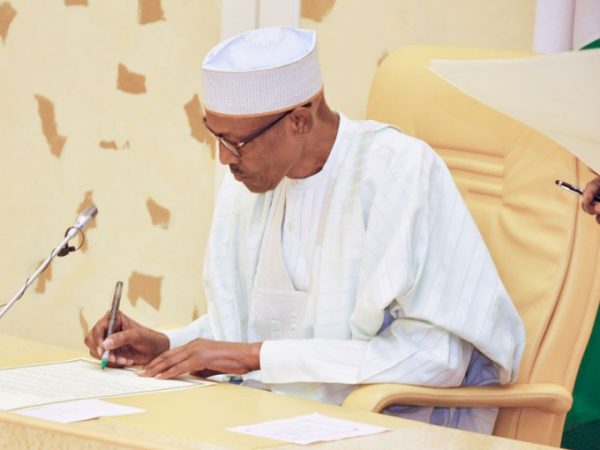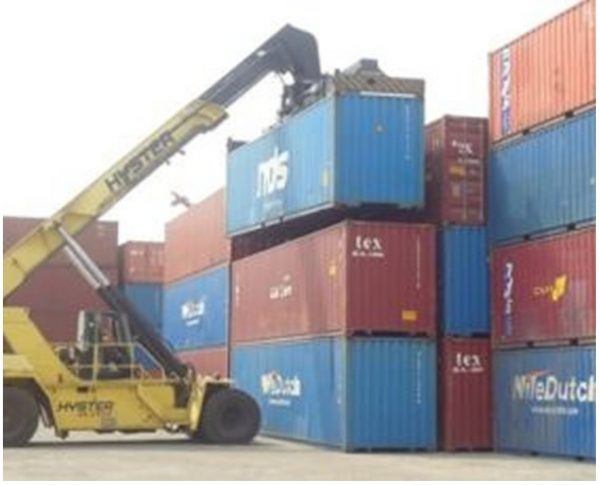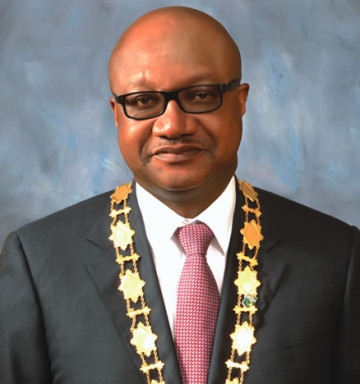NEWS LENS
PIA: More Trouble For FG From Oil Producing Communities
Despite the weighty expectations around Nigeria’s oil and gas sector in 2022 with the passage of the Petroleum Industry Act (PIA) this year, there are concerns that agitations and restiveness may worsen at oil producing regions of the country.
This prediction is borne out of the dissatisfaction with the quota allocation of resources to the oil producing communities as captured in the PIA.
A contentious issue in the PIA is the allocation of 3 percent oil companies’ operating expenses for host communities, a percentage described as insufficient by stakeholders and state governors in oil producing regions.
Recall that the Bayelsa State Governor, Senator Douye Diri referred to the PIA as another step taken by the federal government to subordinate the oil producing states.
Meanwhile, the Governor of Rivers State, Nyesome Wike stated that the 3 percent provision for host communities in the PIA wouldn’t be enough to address the environmental challenges in the Niger-Delta region.
Delta State Governor, Dr. Ifeanyi Okowa, has also expressed dissatisfaction on the 3 percent allocated to host communities from the operating cost of the oil companies, labeling it “unsatisfactory to the people of Niger Delta.”
Speaking with MMS Plus during an exclusive chat, the Director of Centre for Logistics and Transport Studies (CELTRAS) at UNIPORT, Prof. Osi Akpogohmeh encouraged the federal government to address that aspect of the PIA and have further engagements with the troubled regions to prevent future agitations.
According to the transport expert, pipeline vandalism is one of the biggest challenges limiting the nation’s oil and gas sector, but the federal government has an opportunity to address the menace with a carrot and stick approach and proper deliberations on the conflicting parts of PIA.
His words: “PIA is trying to create another problem for the government because the people of Niger-Delta, where the oil comes from, aren’t happy with the PIA as it concerns them. I hope government would have a rethink on the conflicting areas because I’m aware they have sent their petitions to the federal government.”
Stressing that the economic losses from pipeline vandalism is enormous, Prof. Akpogohmeh added that facts and figures are in the public domain about the menace.
“It affects the economy, especially for Nigeria whose mainstay is crude oil. Nigeria’s highest revenue earner is crude oil and vandalism limits the amount of crude oil that could be sold by the nation. So, it affects the economy very badly.”
“Pipeline vandalism is like any other crime in the country. People are involved in crimes as a result of what they think they could benefit.”
Noting that a lot of theories have been proposed to address the youth restiveness in Niger-Delta, Prof. Osi encouraged the federal government to have an administrative style that depicts all-inclusiveness.
“I subscribe to the school of thought that believes in all-inclusive governance. Everyone must meet at a table to discuss and if there are opportunities for employment and investments, they should be carried along. As the federal government gets these agitators involved in their processes, most of them would be so busy with gainful employment that they wouldn’t consider crimes.”
“There are lots of projects that these communities can be involved in. The government could create a security outfit for pipeline protection and recruit some of the residents in the affected areas as workers. However, the good thing is that the menace of pipeline vandalism has dwindled in the past months. Some of these successes are results of the amnesty programmes over the years,” he added.
In a bid to prevent the looming crisis, a veteran petroleum engineer and public affairs analyst, Engr. Bala Zakka has encouraged oil producing states to establish water desalination plants along coastal areas to provide massive job opportunities and avail residents clean water.
Engr. Bala, who is also the Technical Director, Drill Bits, Template Design Limited, lamented that the federal government has been over-reliant on crude oil, asserting that state governments should take the initiative to plan beyond oil.
While he encouraged the federal government to address the menace of pipeline vandalism, he expressed optimism that vandals would be less inclined to destroy water pipelines.
Also speaking with MMS Plus, a former Acting Vice Chancellor of the Federal University of Technology, Owerri (FUTO), Prof. Innocent Ogwude has underscored the need for Nigeria to have transport infrastructures and regulations that reflect the nation’s aspiration to be a hub in West and Central Africa.
While commending the efforts towards transforming the nation’s transportation sector over the years, Ogwude noted that Nigeria has an ambition to be a hub for aviation, maritime, railway and if possible highways in the West and Central African sub-region.
His words: “Nigeria is a natural leader in the sub-region, but its quest to be a hub in these transport modes shouldn’t be based on population size. Nigeria has unbundled the seaports, unbundled National Inland Waterways Authority (NIWA), railway has been unbundled theoretically and airports is set for the same unbundling. This is the right path to take for these sub-sectors of transportation because unbundling means opening the door for private sector investments and competition that would drive efficiency.”
“To attain hub status in all these areas wouldn’t come easy, it means Nigeria has to be the financial hub, admiralty hub, hub in administration, hub for aviation fuel, among others. A nation can’t claim to be a hub without all the associated components and services available in the country.”
He, however, asserted that beyond possessing the state-of-the-art infrastructure to command hub status across various transport modes, the nation must also be the leader in regulation via seamless operations, pricing and standards in the sub-region.






